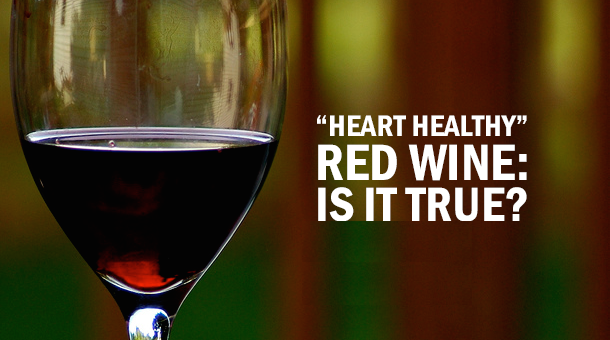On May 4th, 2015, a young mother and her 14-month-old daughter died and their loved ones, family and friends, as well as the local community and many beyond are now suffering from this senseless tragedy. A tragedy, that in hindsight should never have occurred, and could have been prevented, if, somewhere in this chain of events, a right choice had been made.
Please don’t drink and drive. This plea has been repeated countless times. And yet, many times the right choice is not made and awful tragedies ensue, leaving lives scarred forever more. 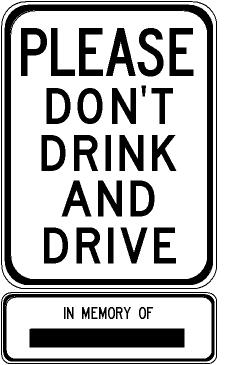
Balancing personal responsibility while providing fail-safe measures to assist people whose better judgment has been impaired by intoxication and who nonetheless proceed to make decisions that most likely will imperil themselves and others, obliges all of us to explore new ways to prevent such tragic results. 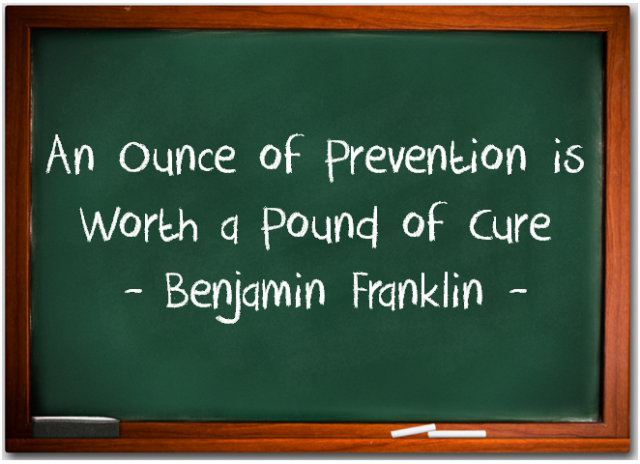
In writing this difficult article, I can hear the voice of my grandmother saying: “ An ounce of prevention is worth a pound of cure.” This might be an old adage, but it nonetheless wisely invites all of us to consider “fail-safes” and search for novel ways to prevent the “Crash.”
One solution is to plan ahead: Before attendees purchase their wine-event tickets, or at the event itself, attendees might be provided lists of transportation services that specialize in providing safe and sober transportation services.
...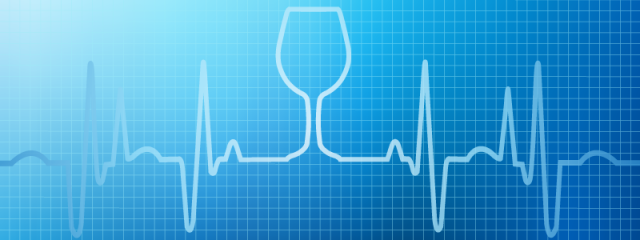
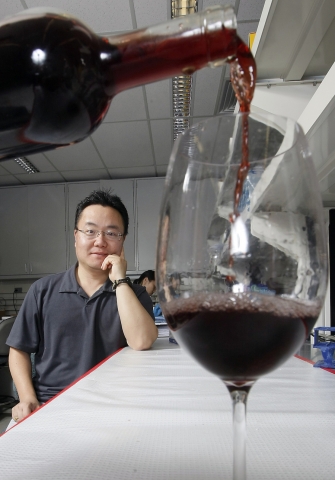 According to their research, this compound interrupted or blocked the cellular processes that allow fat cells to develop. This discovery might very well open the door to controlling obesity, thereby tamping down the ailments associated with it. Yes, it would seem that red wine really is “good for the human heart.”
According to their research, this compound interrupted or blocked the cellular processes that allow fat cells to develop. This discovery might very well open the door to controlling obesity, thereby tamping down the ailments associated with it. Yes, it would seem that red wine really is “good for the human heart.” 